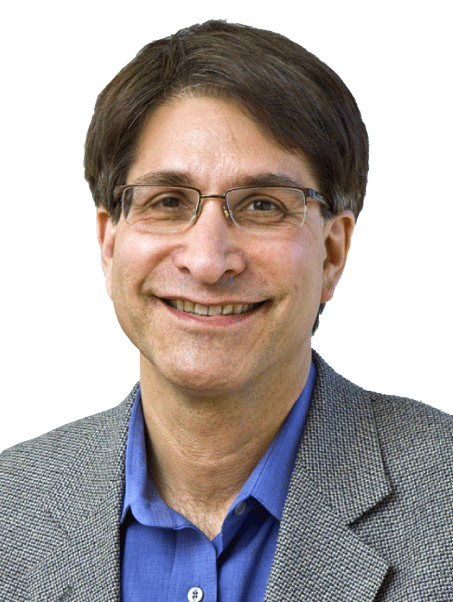I'm Dr. David Sack
Certified specialist
in psychiatry and narcology
I designed programs for ambulatory detoxification within general medical settings, substance abuse treatment of adjudicated youth and adults, and specialized treatment programs for dually-diagnosed clients.
